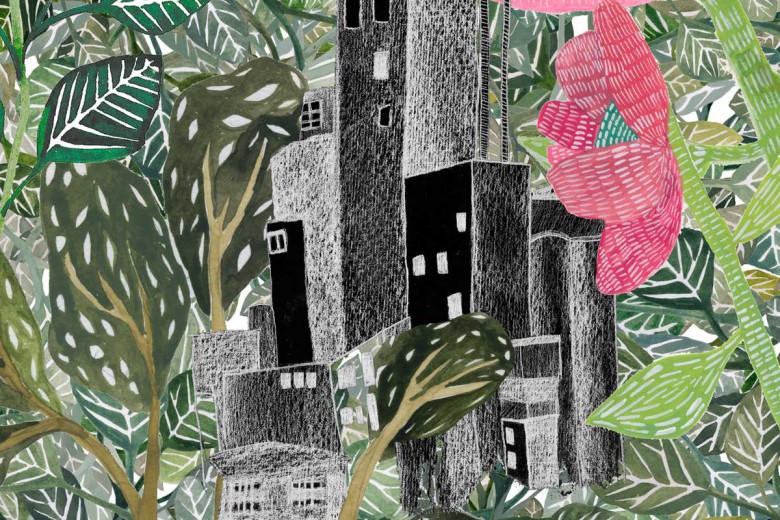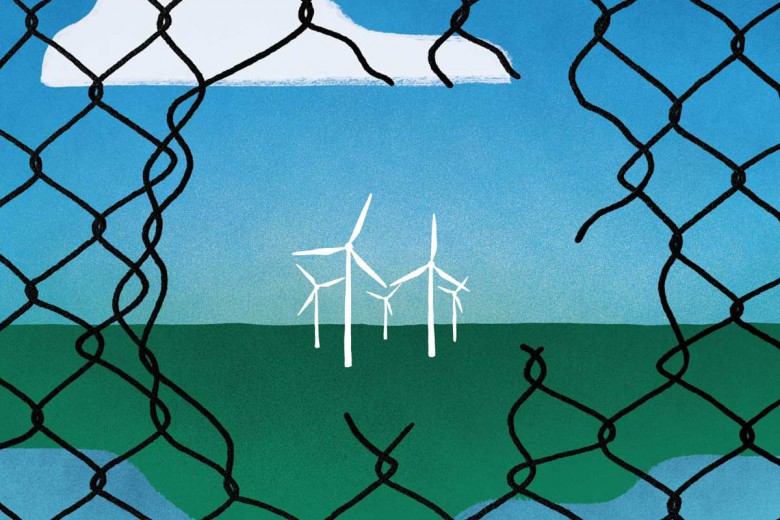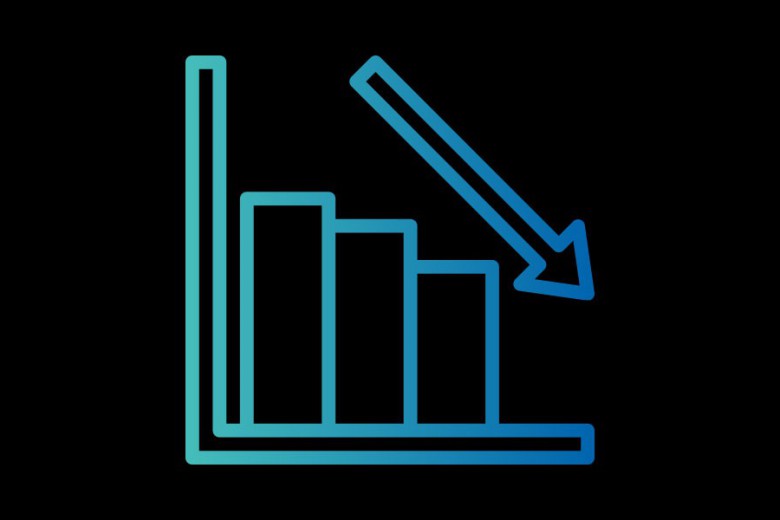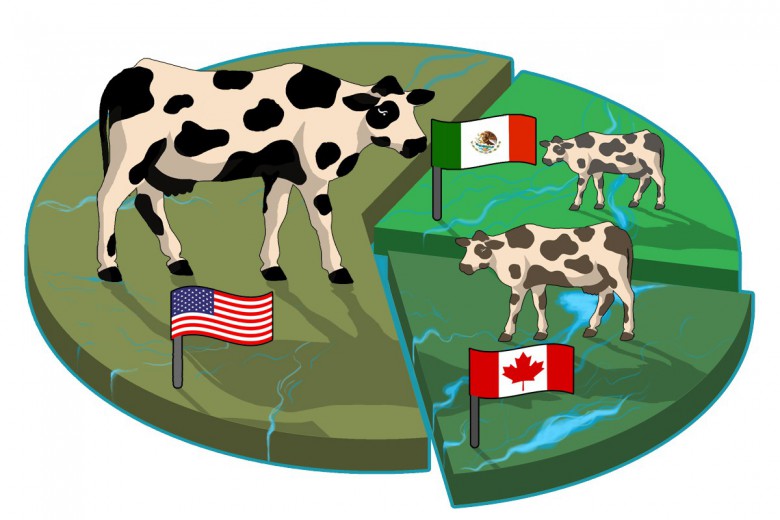What happens when large numbers of people give up on the paradigm of “progress”—the idea that each generation will invariably live in greater material comfort and prosperity than the generation before?
On a recent bus trip through the plaque-clogged heart of Middle America, that is the question I kept returning to. It probably didn’t help that I was reading peak oil theorist Dmitry Orlov’s new book, Reinventing Collapse: The Soviet Example and American Prospects, which, I must say, made for a fascinating travel companion through the flooded corn fields of Nebraska and across the suburban sprawl and urban wasteland of Tulsa, Oklahoma. I crossed back into Canada with both a new sense of admiration and respect for the almost unnervingly friendly Americans I’d met, but also with a sinking sense that the country’s poorly designed urban infrastructure, mind-numbingly superficial and deceptive media and blind attachment to private solutions to public problems leave them woefully unprepared for a lower-energy future. Back home in Canada now, I can’t really say that we’re significantly better prepared.
In response to a recent flurry of bleak economic and environmental reports from almost every direction, the public mood on both sides of the border seems to be darkening. From the proliferation of books like The Long Emergency and The Upside of Down to blogs like The Automatic Earth and Casaubon’s Book, from the widening recognition that mitigating climate change will require much more than just changing our light bulbs to the growing realization that peak oil will shake our economy to its very foundation, from the still-unfolding credit crisis we explored in our May 2008 issue to the emerging global food crisis we foretold in our February 2007 issue, many people’s sense of what the future holds in store for them is increasingly clouded by uncertainty and doubt.
For the first time in living memory, young middle-class Canadians can’t reasonably expect to lead healthier, wealthier lives than our parents led. Our grandchildren’s lives may more closely resemble the lives of our great-grandparents than of our baby-boomer parents. That’s a bitter pill for a generation raised in overmediated, overmedicated comfort to swallow, and it’s hard to know how we will react.
What happens when our swollen sense of entitlement crashes headlong into our dangerous lack of preparation for any future that doesn’t look more or less like the present? Will people lash out in anger? Embrace xenophobia and false populism? Turn to fundamentalist religions or doomsday cults or conspiracy theories? Or will a loss of faith in industrial capitalism’s ability to bring us happiness and provide for our needs open up new and healthier possibilities for alternate economic and social formations? Will we rediscover simpler pleasures and more modest ambitions, rooted in our own neighbourhoods and communities?
Of course, prognostications on a deeply uncertain future can’t be boiled down to a simple question of glass-half-empty versus glass-half-full pronouncements. Facing the enormity of the challenges before us requires that we familiarize ourselves with a lot of new information that can’t be reduced to simply “good” or “bad” news. Indeed, to dwell exclusively on either will only leave us dangerously unprepared to respond appropriately to a rapidly changing situation.
The point, I suppose, is to recognize that the massive shift we face has great potential for new opportunities and threats of every sort, and that in some ways the best we can hope for is to face these changes proactively, with grace, integrity and a sense of humour, and with as many allies as we can muster. It’s a truly fascinating time to be alive—that’s one thing, at least, for which we can be thankful.
This issue of Briarpatch has no overarching theme, but whether it’s Sadiqa Khan’s essay on confronting racist assumptions in everyday conversation, Ava McDougall’s account of the fight to drive white supremacists out of urban Alberta, or Derrick Jensen’s thoughts on the liberatory potential of despair, what unites many of the contributions to this issue is an openhearted search for the grace required to face the challenges before us.
As always, we welcome your thoughts on what you read in Briarpatch. If you’re thinking of writing us a letter, please do—we always love to hear from our readers.






